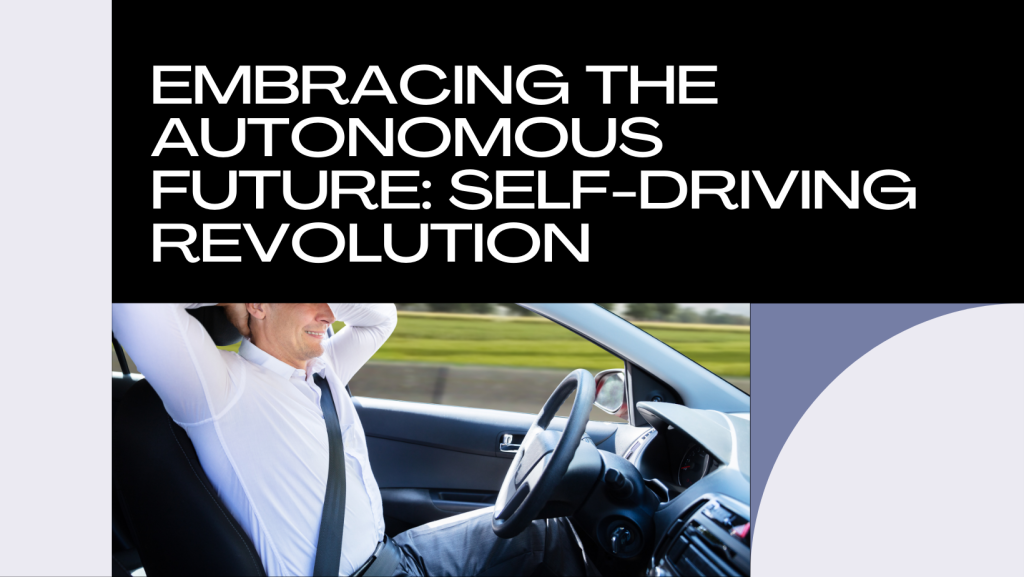
Self-driving cars represent the pinnacle of automotive innovation, promising to revolutionize transportation by eliminating the need for human drivers. This article will explore the latest advancements in autonomous vehicle technology and the implications for the future of mobility.
Levels of Autonomy and Technological Advancements
Autonomous vehicles are categorized into levels based on their capability to operate without human intervention. From Level 1 (driver assistance) to Level 5 (full autonomy), automakers and technology companies are advancing towards achieving higher levels of autonomy. Tesla’s Autopilot and Waymo’s fully autonomous vehicles exemplify cutting-edge technologies that use sensors, cameras, and AI algorithms to perceive the environment, make driving decisions, and navigate complex road conditions without human input.
Safety and Regulatory Considerations
Safety is a paramount concern in the development of autonomous vehicles, with manufacturers conducting rigorous testing to ensure reliability and minimize risks. Advanced sensor fusion technologies, redundancy systems, and real-time data processing capabilities enhance vehicle safety and responsiveness in unpredictable scenarios. Regulatory bodies around the world are establishing guidelines and standards for autonomous vehicle deployment, addressing legal, ethical, and liability considerations to ensure public trust and safety.
Impact on Transportation and Urban Mobility
The advent of self-driving cars is poised to transform transportation and urban mobility by reducing traffic congestion, improving efficiency, and enhancing accessibility. Autonomous ride-sharing services like Uber and Lyft are already piloting autonomous vehicle fleets in select cities, offering passengers convenient and affordable transportation options. Smart city initiatives are integrating autonomous vehicles into urban infrastructure to optimize traffic flow, reduce emissions, and enhance overall mobility experiences for residents and visitors.
Consumer Adoption and Market Trends
Consumer adoption of autonomous vehicles is influenced by factors such as trust in technology, perceived safety benefits, and regulatory support. Early adopters are drawn to the potential for increased productivity, reduced commuting stress, and improved road safety. Automakers and technology companies are investing heavily in autonomous vehicle development, forming partnerships and collaborations to accelerate innovation and bring self-driving cars to market.
Ethical and Social Implications
The rise of autonomous vehicles raises ethical and social questions related to job displacement, privacy concerns, and the ethical decision-making capabilities of AI systems. Addressing these challenges requires collaboration between stakeholders, including policymakers, industry leaders, and community stakeholders, to ensure responsible deployment and integration of autonomous technologies into society.
Self-driving cars represent a transformative shift towards safer, more efficient, and accessible transportation solutions. With advancements in autonomous vehicle technology, regulatory frameworks, and consumer acceptance, the future promises to usher in a new era of mobility that redefines how people and goods move from place to place. As autonomous technology continues to evolve, its impact on society, economy, and urban infrastructure will shape the future of transportation for generations to come.

